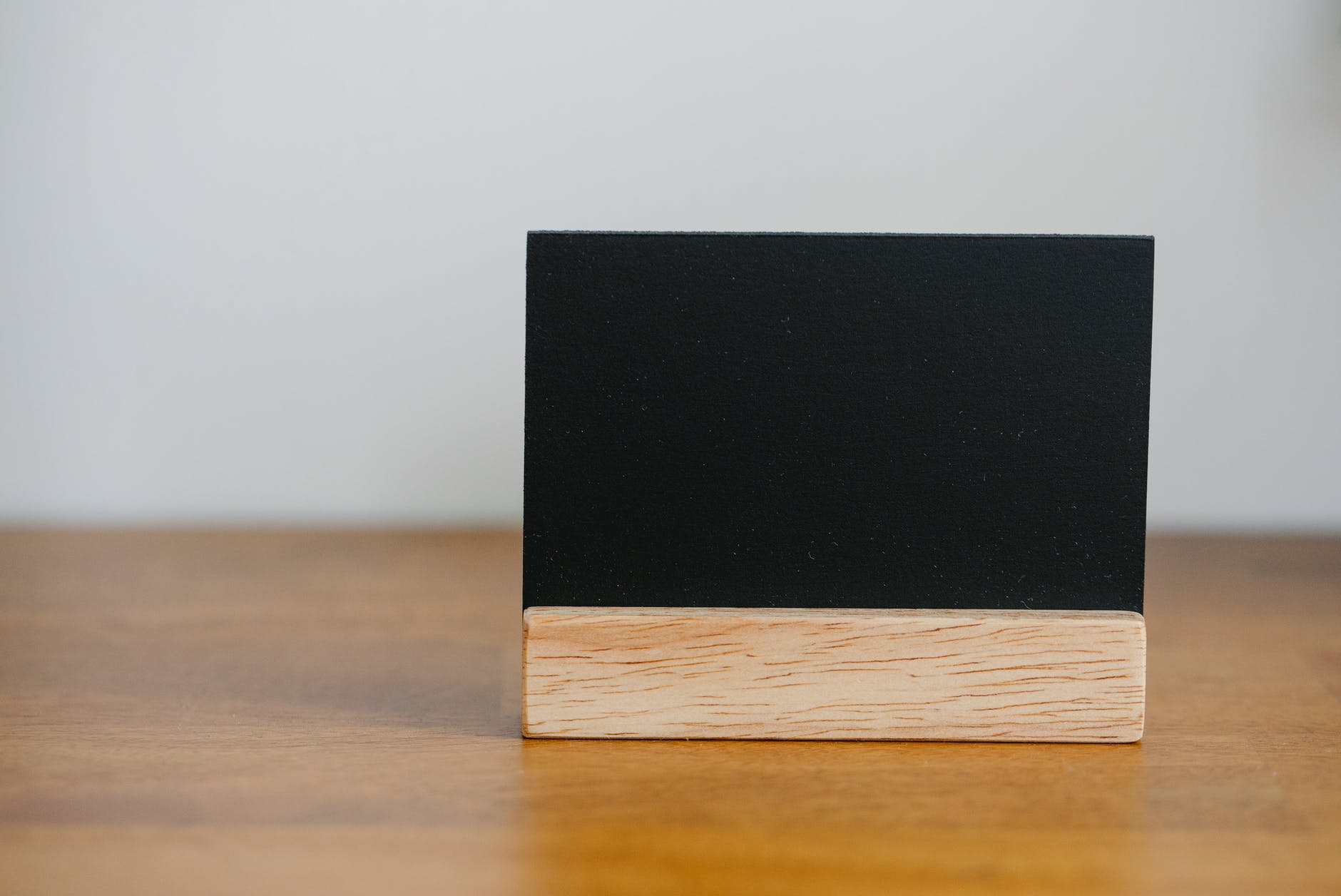
Names are not important. It’s what lies inside of you that matters
Sarah J. Maas
Confronted by a blank white screen during this morning’s writing practice and finding myself equally as blank, I flipped through a notebook looking for ideas. Anything to get words out of my head and onto the page would suffice. I found an exercise that I thought looked interesting although its genesis uncertain but it seemed likely to be short so I decided to give it a try.
Here’s what it was: To start, use a web search to look at the origin and meaning of your name. Consider if your research fits with your sense of self, your identity, values and beliefs. Does it reveal context around the time of your birth? Would another name work better? If so, how would those around you react to this change.
I landed on the web-site, behindthename.com and placed my given name in the search bar. Intrigued, I scrolled through the results, taking in the origin of my name – Germanic noted to have a Spanish equivalency. Meaning words: flexible, soft, mild, beautiful. Then I moved into the coloured graphs that indicate the popularity of the name, the decades when it was used most often. Listings displayed were indicated by countries in the world where the name was used most frequently then tapering off as the name began to wane in popularity.
I could see that my name’s use was popular at one point in time and then fell off rather abruptly right around the time I was born. A tab with ratings on a myriad of characteristics showed me that my name is classic, wholesome. A comments section led me down a rabbit hole of a wide range of opinions about the name and people who like or dislike it. And finally, a tab for a section titled, namesakes, which contains a comprehensive listing of popular people and fictional characters in literature, movies, etc that share my name.
Interesting but reflecting on whether or not my name fits best with my sense of self and identity seems like a question best not asked. I can’t imagine not having the name I was given. And really the descriptors used on this web-site were generic rather like a syndicated horoscope in the daily newspaper. A person’s sense of self includes recognition of your name but there are so many complicated aspects of who we believe we are.
But curious about the meaning of names, I began looking up names of my family members and close friends. Some aspects of the meaning of names fit people in my life like a tailored suit and others seemed more generic like a one size fits all type of thing. I’m not certain there was anyone who should have a different name other than the one they already possess.
But learning more about the context of names in addition to the origins and meaning provides a window into determining what to name characters when writing fiction. Thinking about amplifying aspects of the person you are writing about can be a complex and nebulous effort. Landing on a tool to narrow and sharpen your lens through a focus on the origins and meaning of name could be helpful.
And this simplistic exercise did what I initially wanted it to do. It provided a quick kickstart to this morning’s writing practice and a possible strategy for naming fictional characters. As for the rest of it, my sense of self remains intact and I can’t imagine having any other name than what I was given at birth. But the joy in writing is the opportunity to play with alternate realities and to feel those creative sparks!
Stay healthy and safe!


